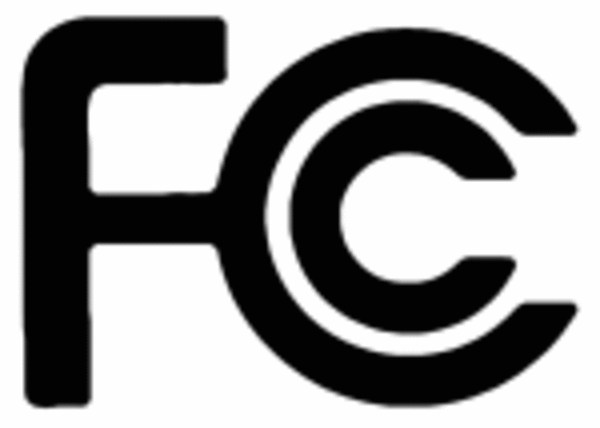After months of debate and legal setbacks, the FCC has placed a vote on net neutrality rules on the tentative agenda for its December 21 meeting. According to the agenda, the Open Internet Order involves “adopting basic rules of the road to preserve the open Internet as a platform for innovation, investment, competition, and free expression. These rules would protect consumers’ and innovators’ right to know basic information about broadband service, right to send and receive lawful Internet traffic, and right to a level playing field, while providing broadband Internet access providers with the flexibility to reasonably manage their networks.”

The FCC vote on December 21 will come shortly before a new Congress is sworn in in January 2011, and many members of the new Republican majority in the House of Representatives oppose net neutrality regulations.
FCC Chairman Julius Genachowski spoke briefly this morning at the agency’s headquarters, outlining the proposal. He did not call for a reclassification of broadband as a regulated, common-carrier service, as was proposed earlier this year – something that would have certainly given the FCC jurisdiction over this area. However, calling net neutrality an “important milestone in our effort to protect Internet freedom and openness,” Genachowski argued that the FCC’s draft order would help consumers, entrepreneurs, and broadband providers.
In outlining the proposal, Genachowski touted three things:
- Meaningful transparency: Consumers and innovators have a right to know basic information about broadband service, like how networks are being managed.
- Prohibition of blocking “lawful content”: “The proposed framework would prohibit the blocking of lawful content, apps, services, and the connection of non-harmful devices to the network,” said Genachowski.
- A level playing field: “No central authority, public or private, should have the power to pick which ideas or companies win or lose on the Internet; that’s the role of the market and the marketplace of ideas. And so the proposed framework includes a bar on unreasonable discrimination in transmitting lawful network traffic.”
- Meaning flexibility: Broadband providers should be able to “manage their networks — for example, to deal with traffic that’s harmful to the network or unwanted by users, and to address the effects of congestion.
Although Genachowski may have the votes to get the proposal passed by the FCC, the proposal will likely face opposition from members of Congress who see this move as falling outside FCC jurisdiction. And these rules may also fail to satisfy net neutrality proponents either, who note that the principles listed above apply only to wired networks.
Also on the agenda for the December Meeting, a Notice of Inquiry seeking public input on how to transition the voice-only 911 system to include new communication tools, including text, photo and video capabilities.

















